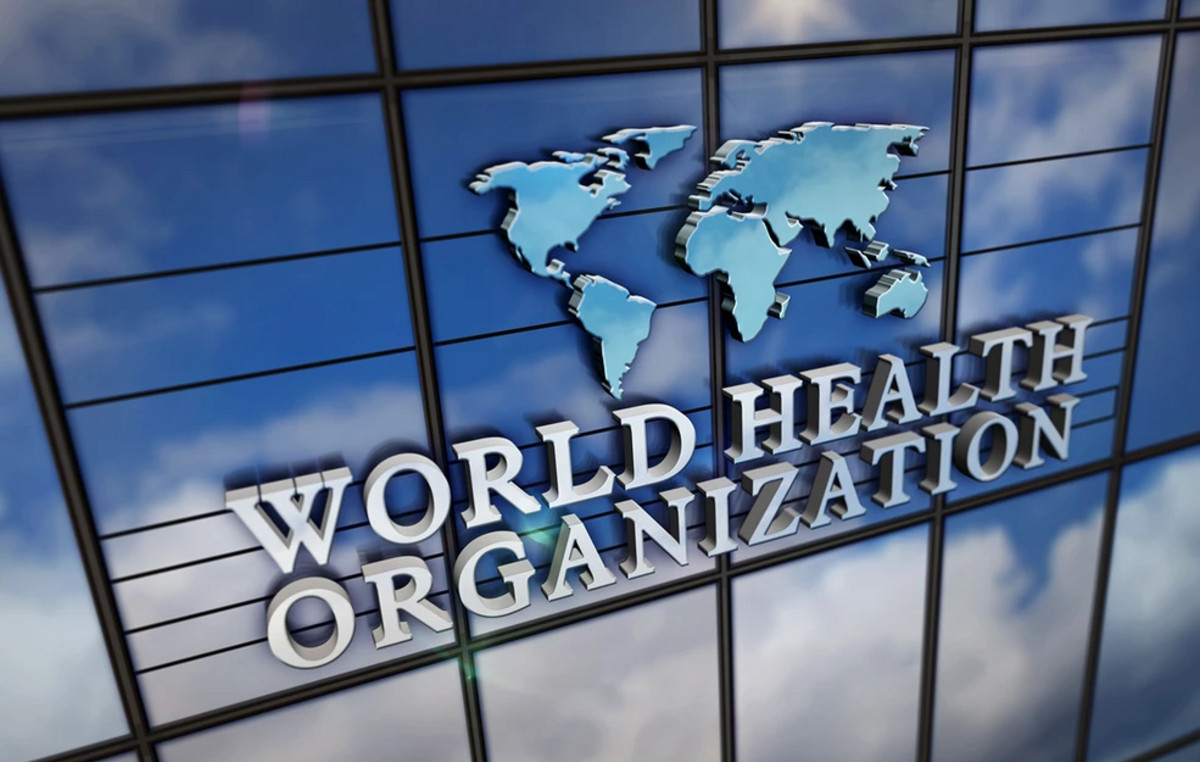“We don’t have time to waste,” US Defense Secretary Lloyd Austin said on Monday. “We have to move at the speed of war. And I know that all leaders today leave more determined than ever to support Ukraine in its fight against Russian aggression and atrocities.”
Austin said several countries had agreed to provide more support to Ukraine. Among them is Germany, which since the end of World War II has been preoccupied with sending weapons to other countries, but will now deliver heavy weapons to Kiev.
Washington’s goal, according to Austin, is to see “Russia weakened to the point where it can’t do the sort of thing it did in invading Ukraine,” a significant and more aggressive change in Biden administration policy after previously declaring that it only sought to help Ukraine defend itself.
The shift in Western strategy has taken place in recent weeks, evidenced by a growing tolerance for increased risk with the deployment of more complex weapons, and is a reflection of the belief that Putin’s goals in Ukraine would not be achieved if he managed to seize part of the Ukraine, which did not happen after the annexation of Crimea in 2014, a British diplomat said.
Those listening in the Kremlin likely see Austin’s statement as proof that Washington and the West are trying to clamp down on Russia and prevent it from, as Putin has long promised, re-emergence as a global superpower as it was during the Cold War.
“It seems that they are not really interested in negotiations, and those who are calling for Russia not to win and for others to defeat Russia and break to destroy Russia, which is what they are doing by filling Ukraine with weapons and lots and lots of weapons,” Russian Foreign Minister Sergey Lavrov said on Tuesday. “If this continues, it does not seem likely that negotiations will be productive.”
President Vladimir Putin also appeared to cast doubt on whether diplomatic negotiations can move forward.
On Tuesday, Putin said negotiators had made a “serious breakthrough” during talks with Ukraine in Istanbul last month, but that progress was hampered after accusations that Russian forces had executed civilians and left corpses on the streets of the city of Bucha, in northern Ukraine.
The Kremlin has denied committing such atrocities and claimed that satellite and drone images confirming them are false.
Moscow’s efforts in economic warfare are now moving beyond direct sanctions. Russian state energy giant Gazprom said on Wednesday it would halt shipments of natural gas to Poland and Bulgaria, ostensibly because the two countries refused to pay in rubles. In effect, this means that Russia is now weaponizing energy exports.
Polish Prime Minister Mateusz Morawiecki called the measure a “direct attack”, while European Commission President Ursula von der Leyen called it “blackmail”. Both leaders said officials were preparing for such a scenario.
“It is clear that at the moment natural gas is being used more as a political and economic weapon in the current war,” said Bulgarian Energy Minister Alexander Nikolov.
Russia shows little sign of retreat, despite the West’s more aggressive stance. Lavrov also warned that the risk of nuclear war “is real and cannot be underestimated”.
The decision to better arm Ukraine could ultimately help it win the war. But with Russian troops being targeted with Western weapons, Putin may not be inclined to sue for peace.
*CNN’s Natasha Bertrand, Kylie Atwood, Kevin Liptak and Alex Marquardt contributed to this analysis
Source: CNN Brasil
I’m James Harper, a highly experienced and accomplished news writer for World Stock Market. I have been writing in the Politics section of the website for over five years, providing readers with up-to-date and insightful information about current events in politics. My work is widely read and respected by many industry professionals as well as laymen.







